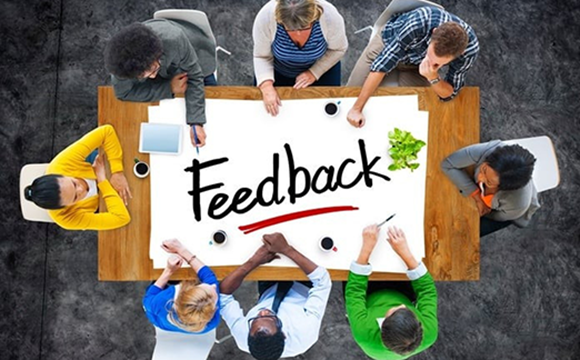
As we emerged from a pandemic and adjusted to changes in the workplace, technology, and employee expectations, companies are abandoning traditional performance management methods in favor of more dynamic and effective practices. Google and LinkedIn have led this charge with revamped performance management systems that prioritize frequent feedback and continuous improvement. These organizations recognize that performance management is not a one-size-fits-all approach and have tailored their systems to meet the unique needs of their workforce.
Google's performance management approach, for instance, focuses on regular check-ins and goal-setting through OKRs (Objectives and Key Results). This system allows for more accurate tracking of employee progress and provides a clear roadmap for achieving organizational goals. LinkedIn has scrapped annual performance appraisals in favor of a continuous feedback system, ensuring that employees receive timely, constructive feedback and employee development, so that employees receive the support they need to succeed.
The future of performance management is poised to witness several exciting trends, driven by advancements in technology and changing workforce dynamics. Engagement data has shown us that employees are seeking more feedback and development in their jobs and from their direct managers. These case studies highlight the importance of adopting modern performance management practices to drive organizational success and retention.
Here are the top 10 trends in performance management for 2024:
- Continuous Feedback and Real-Time Reviews: Real-time reviews allow for more immediate recognition and correction of performance, fostering a more agile and responsive workforce. There are a few apps that Crothers likes: Lattice, PerformYard Effy AI and 15Five and many other HRIS tools like Bamboo HR have performance management modules available.
- Employee Well-Being and Mental Health: Organizations are increasingly recognizing the importance of employee well-being in performance management. Focus on mental health, work-life balance, and overall wellness are becoming integral parts of performance management strategies.
- Goal Alignment and OKRs: Organizations are increasingly using Objectives and Key Results (OKRs) to ensure that employee goals are aligned with the company's strategic objectives. This helps in creating a more focused and cohesive approach to performance management.
- Personalized Performance Plans: One-size-fits-all performance plans are being replaced by personalized development plans tailored to individual employee strengths, weaknesses, and career aspirations. This approach helps in aligning employee goals with organizational objectives.
- Diversity, Equity, and Inclusion (DEI): Performance management systems are being designed to promote diversity, equity, and inclusion. This includes ensuring that performance evaluations are free from bias and that opportunities for growth are equally accessible to all employees.
- Skills Development and Continuous Learning: There is a growing emphasis on skills development and continuous learning. Companies are investing in training programs and learning platforms to help employees upskill and stay relevant in a rapidly changing job market.
- Employee Engagement and Experience: Enhancing employee engagement and experience is becoming a priority. Performance management systems are being designed to capture employee sentiment and feedback, helping organizations to create a more engaging and satisfying work environment.
- AI and Data Analytics: AI and advanced data analytics are being used to provide deeper insights into employee performance. Predictive analytics can identify potential performance issues before they become problematic, and AI can help personalize feedback and development plans.
- Gamification and Incentives: Gamification techniques are being employed to make performance management more engaging. This includes using game-like elements such as points, badges, and leaderboards to motivate and encourage high performance. Bonusly is a tool that we like.
- Hybrid and Remote Work: With the rise of hybrid and remote work models, performance management practices are adapting to measure productivity and engagement in a more flexible and location-independent manner. Virtual performance management tools are becoming more sophisticated to support these changes.
These trends reflect a shift towards a more holistic, employee-centric approach to performance management, emphasizing continuous improvement, well-being, and alignment with organizational goals.
By prioritizing continuous feedback, leveraging analytics, and adopting tools like OKRs, organizations can enhance employee engagement, reduce turnover, and drive overall success. As performance management practices continue to evolve, businesses must stay ahead of the competition by embracing these trends and creating an environment that fosters high performance and employee satisfaction.